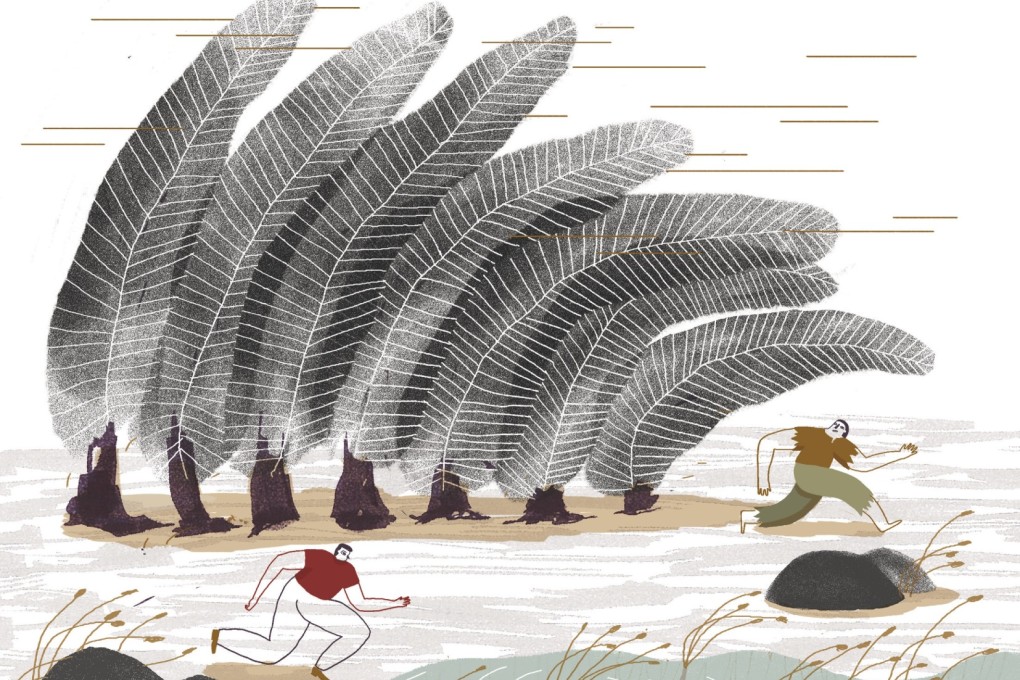Book review: Shame and the Captives, by Thomas Keneally
In his novel set in wartime Australia, Thomas Keneally looks at the chasm between POWs and guards, writes James Kidd

Shame and the Captives
by Thomas Keneally
Random House
4 stars
"Don't human beings amaze you?" This question, which is asked, not in words, but through a gesture towards the end of Shame and the Captives, could describe Thomas Keneally's body of work. His extraordinary career - from 1982's Schindler's Ark to 2012's The Daughters of Mars - has been fired, not just by a conviction that fact is often stranger than fiction, but by fact needing fiction's capaciousness - its contentment when beggaring belief - to tell its (true) story.
The amazed questioner in Shame and the Captives is Giancarlo, an Italian soldier held as a prisoner of war in rural Australia. Although a self-avowed "anarco syndicalista", he is an agreeable type: working assiduously on the farm he is assigned to, learning English by talking in happy slang ("You act the goat, mate") to the genial farmer, Duncan, and reading the novels brought to him by Duncan's daughter-in-law, Alice. Separated from her husband, Neville, who is a POW somewhere in Asia, it is Alice's loneliness that sparks off their affair.
It is Alice who is the audience for Giancarlo's questioning shrug about human amazement. She "would have liked to have yelled, 'They don't bloody amaze me!'" in response. The reader will find such furious stoicism hard to match at the scene: Giancarlo is wrestling with Tengan, a desperate, starving Japanese POW, who is part homicidal, part suicidal, and doesn't care which comes first.
Alice arrives, nerves shredded by rumours of violent escaped convicts, and aims a gun at both men.
Keneally uses the prison's volatile atmosphere to distil broader cultural, ethnic and political conflicts that flooded from the Pacific to the Atlantic
What makes this Japanese-Italo-Australian Mexican stand-off truly amazing is that it was inspired by a real-life breakout by about 1,000 Japanese soldiers from a POW camp in Cowra, New South Wales, in 1944. In the ensuing battle - some might say massacre - more than 200 Japanese lost their lives.